Fisher Lavell’s Working Words Blog |
All things working-class. My thoughts on working-class writing, writing in general, and A Seven Year Ache in particular. Book and Movie Responses. Dogs That Saved Me. Country Songs That Made Me. And True Story, tales of actual working-class life to curl your hair, warm your heart, raise your brow, or make your blood boil.

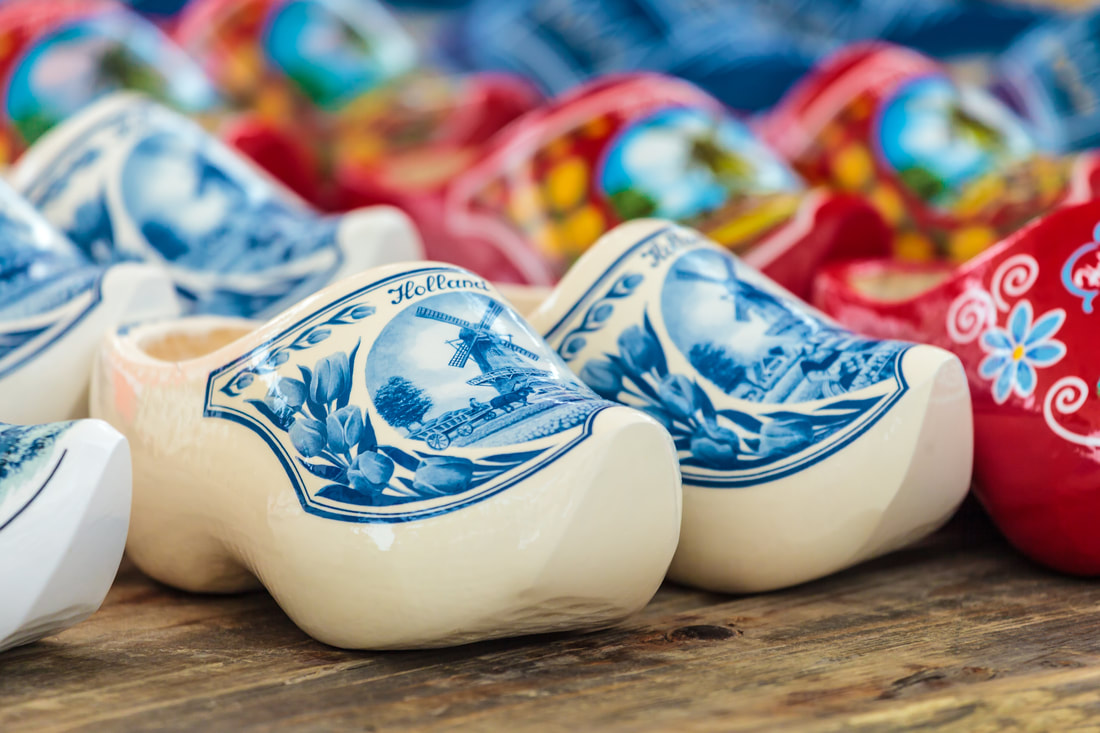
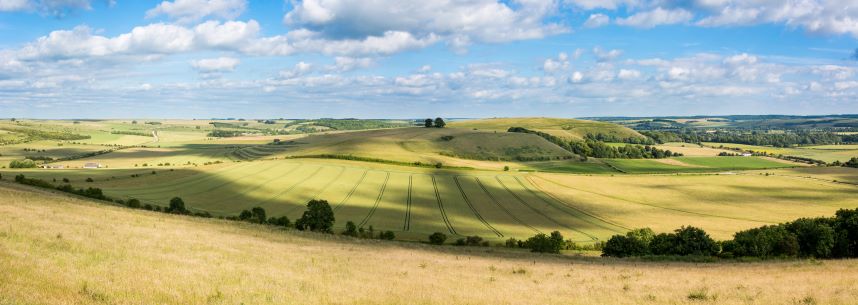
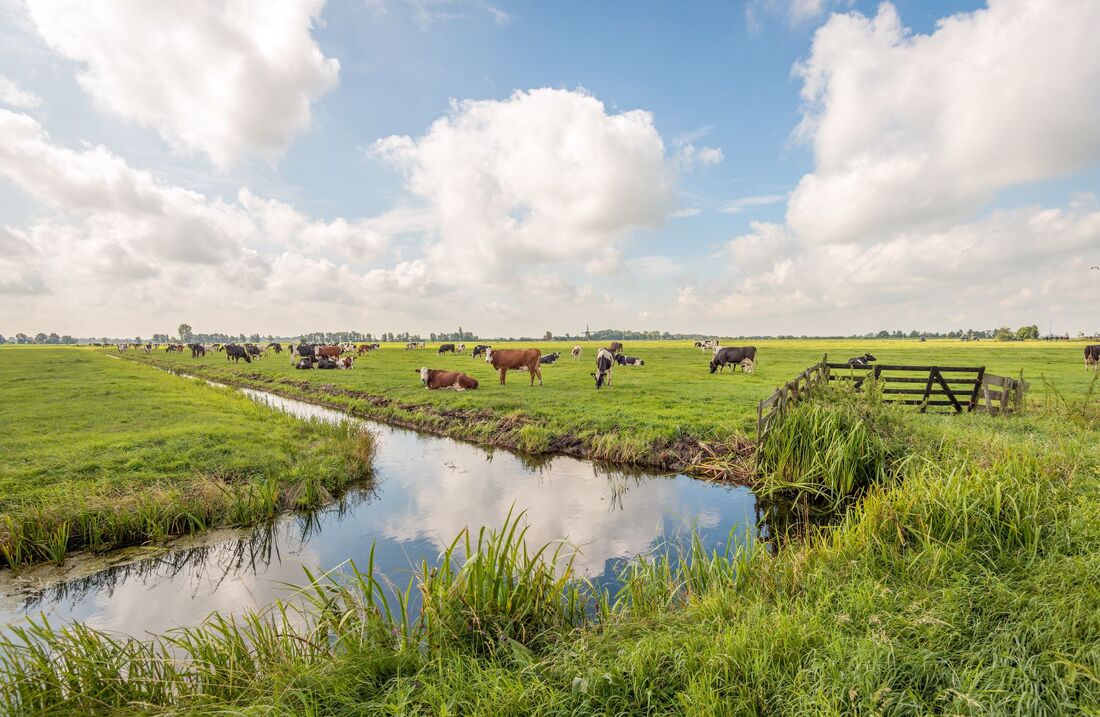
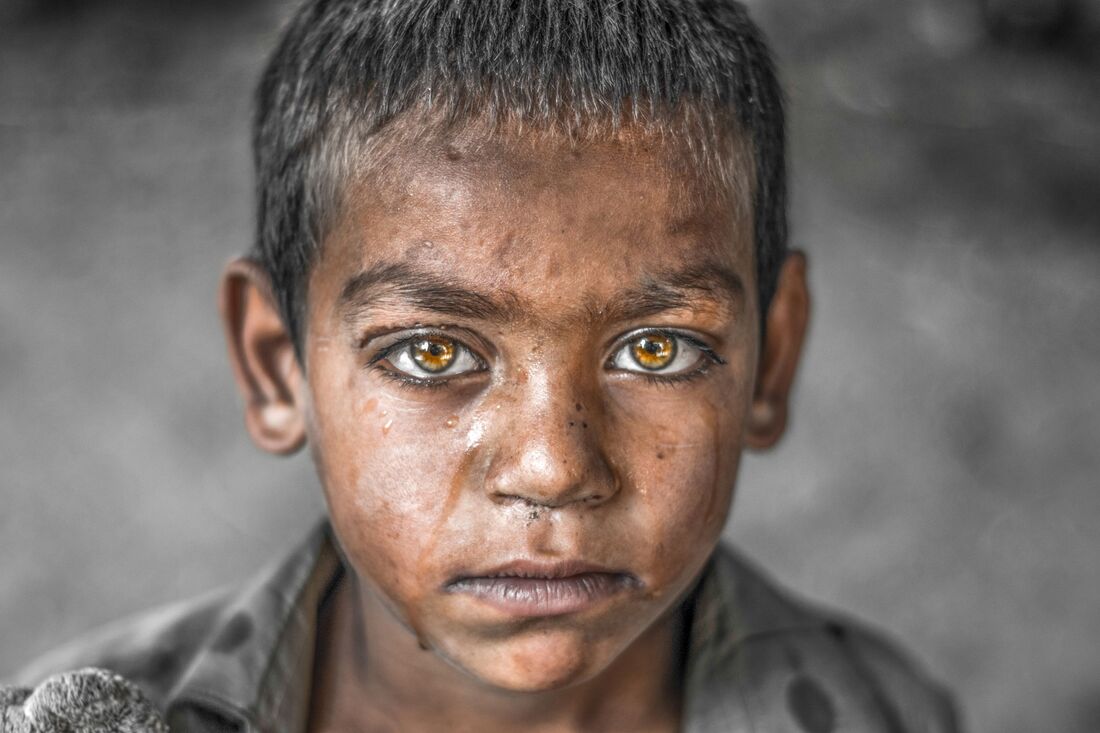
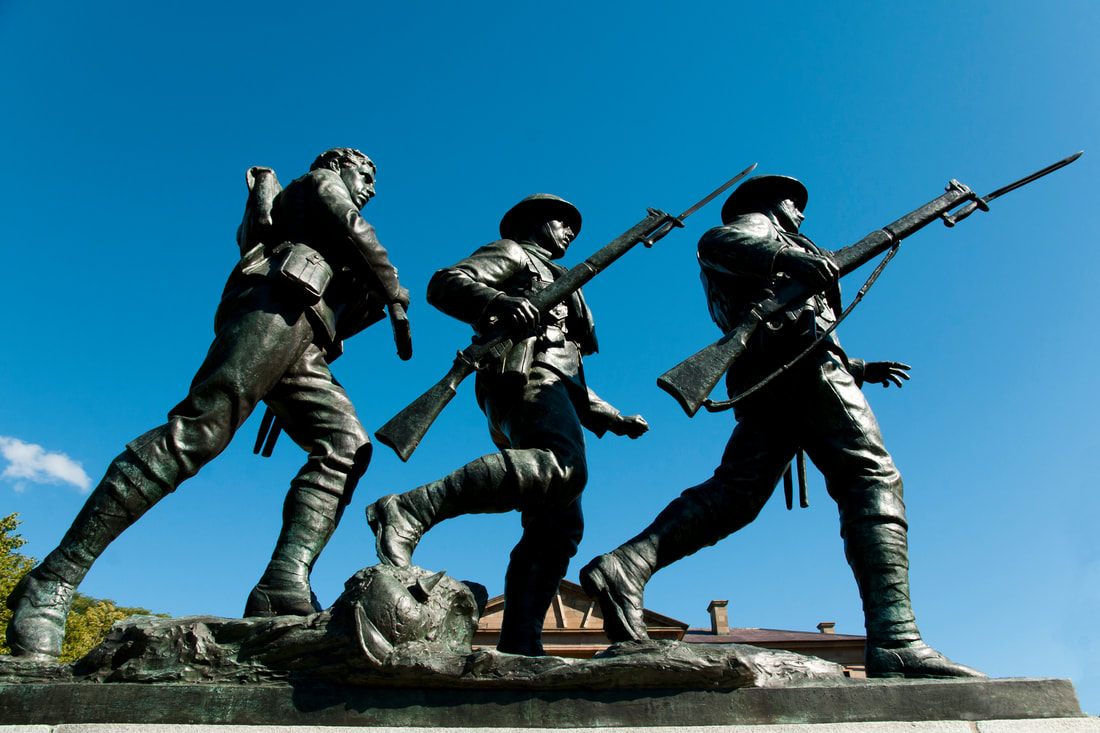
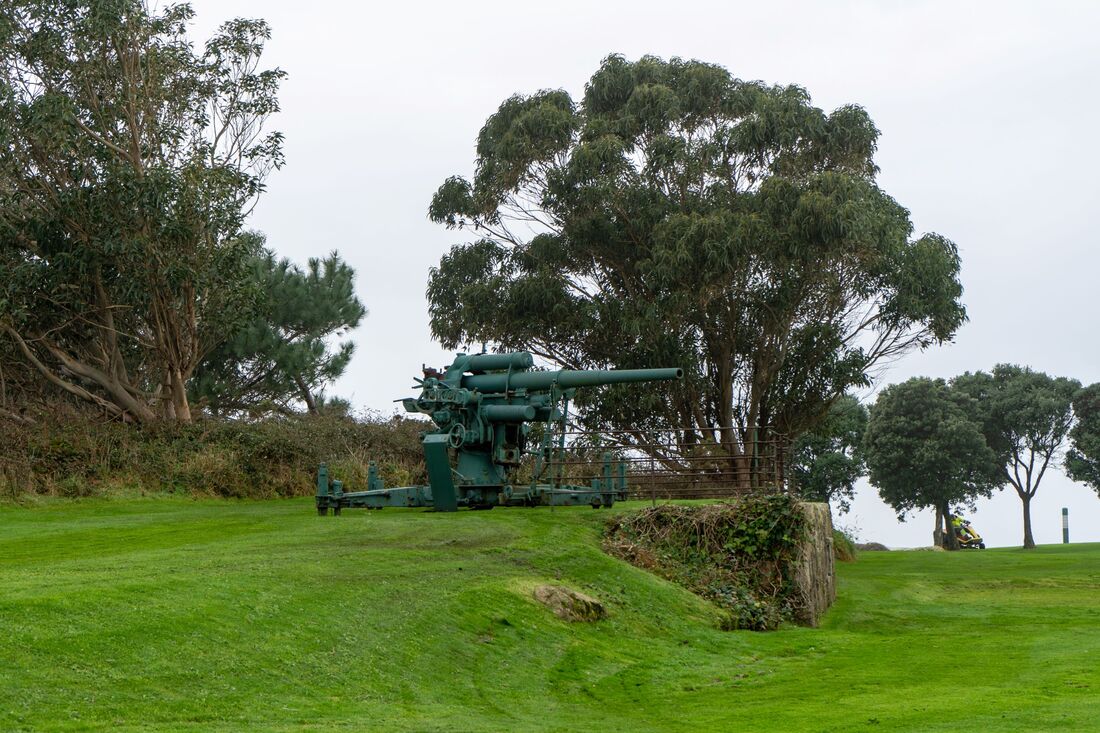
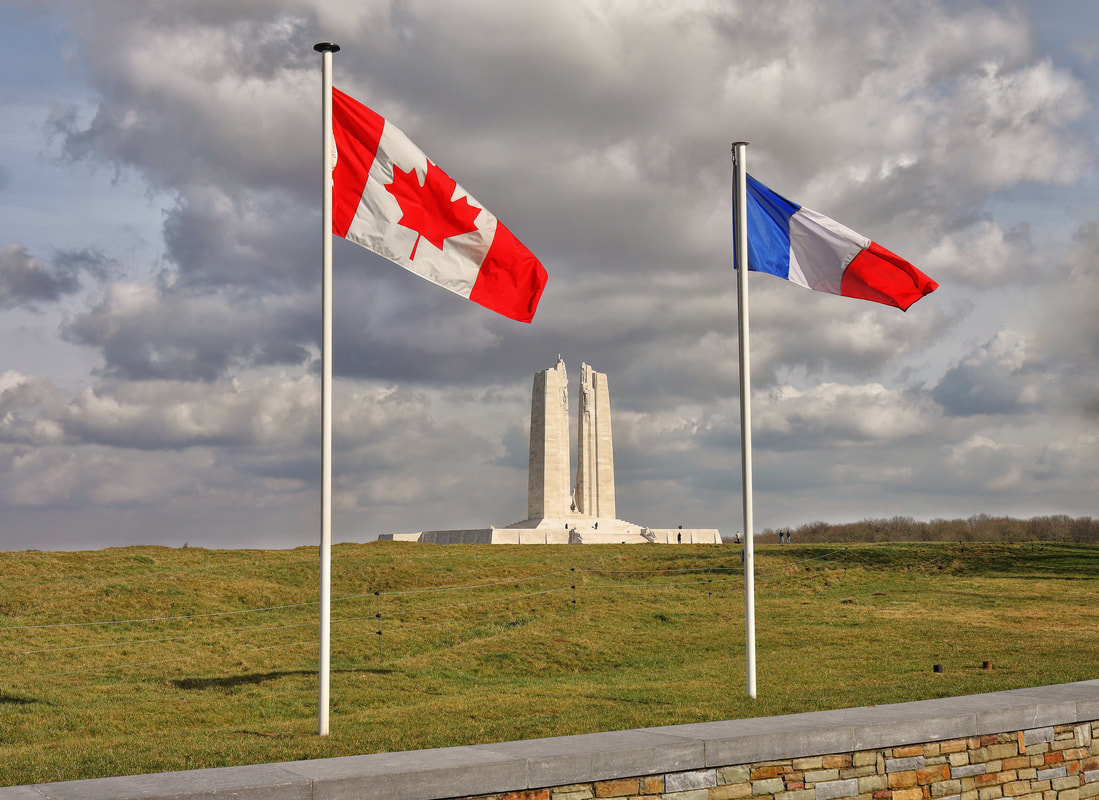
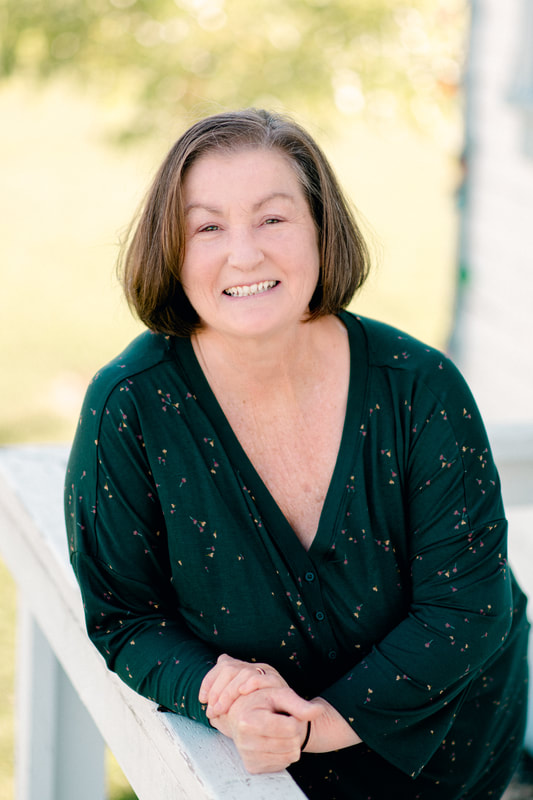
 RSS Feed
RSS Feed
